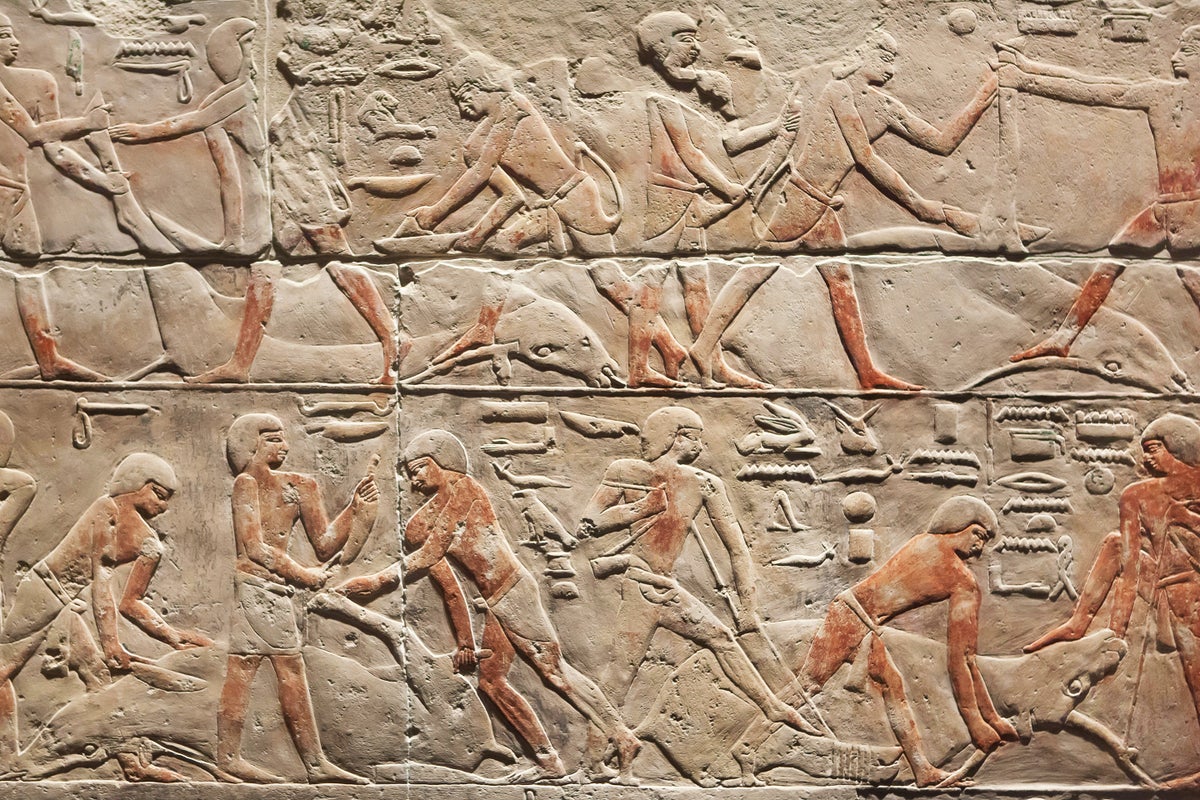
"The remains are 4,800 to 4,500 years old, overlapping with a period in Egyptian history known as the Old Kingdom or the Age of Pyramids."
"The remains harbour signs of ancestry similar to that of other ancient North Africans, as well as of people from the Middle East."
"Numerous labs have tried to extract DNA from ancient Egyptian remains, facing significant challenges due to climate and the mummification process."
"The hot North African climate speeds up the breakdown of DNA, and the mummification process might also accelerate it."
The first complete human genome sequence from ancient Egypt has been obtained from remains dating back 4,800 to 4,500 years, coinciding with the Old Kingdom period. The remains exhibit ancestry linked to ancient North Africans and Middle Eastern populations. Attempts to extract ancient DNA from Egyptian remains have occurred for decades, with previous efforts challenged by contamination and the degradation of DNA due to environmental conditions. The recent study involved a specimen that predates widespread mummification, which may contribute to better DNA preservation.
Read at www.nature.com
Unable to calculate read time
Collection
[
|
...
]